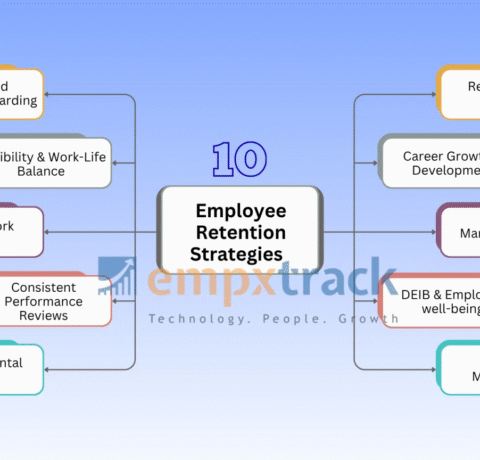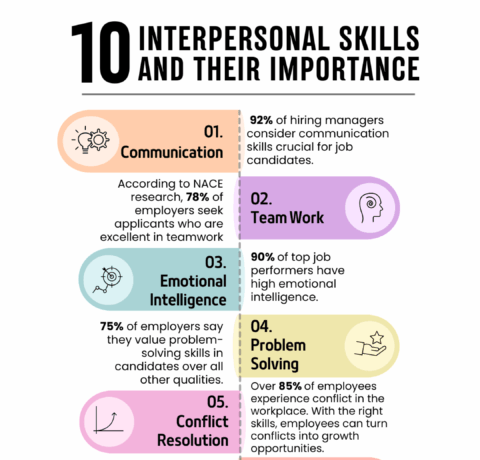Reading is the foundation to learning. Because so much is rooted within literacy, starting early to support language learning can make a substantial difference in students’ reading success. Similarly, the earlier we intervene with students who are struggling readers, the more likely they’ll be able to catch up. The 7 Tips for Parents to Help Struggling Readers Infographic presents a wonderful list of tips for parents to use with their struggling readers.
7 Tips To Help Struggling Readers Succeed
- Reading success is based on 5 factors: phonemic awareness, phonics, fluency, vocabulary and comprehension. Learn more about each factor to gain a better understanding of where exactly your child may be struggling.
- Encourage kids to read anything—even if it isn’t a book. Magazines, comics or websites can engage children, and shows them that computers and iPads aren’t just for games.
- Know your options as a parent. Ask the teacher for work that is at the student’s developmental level if homework is consistently too hard.
- Within reason, never say no to your young reader. If your child is excited about reading about dinosaurs, for example, don’t push him or her to read something else.
- Motivate by making connections to real-world outcomes so children realize reading is more than just a grade. For example, writing a letter to their favorite singer, or to grandma, allows young readers to find meaning in what they are doing.
- Focus on what your child CAN do. Build on his/her strengths. For example, fold spelling into another activity that your child enjoys to build a sense of competence.
- Keep it positive. If your child becomes upset or starts crying, reading will seem like a punishment and that time will not be productive. Rather than being intense, keep the mood light and upbeat and keep your eyes on the goal of enjoying reading.







You can adjust your cookie preferences here.